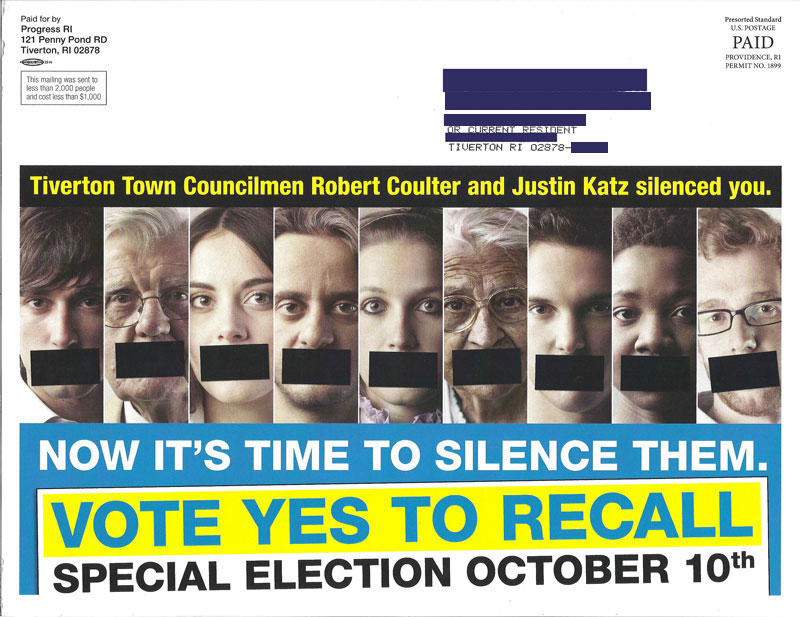When Rhode Islanders read an article reporting that about 25% of all Providence teachers were marked absent 18 times during a school year, we tend to think that’s a lot. That’s especially true considering that the teachers’ 181-day work year is already one-fifth smaller than the 230 days private-sector workers typically work after they’ve taken all of their allowed paid time.
But there’s another way to look at this question. As the RI Center for Freedom & Prosperity points out, today, the Providence teachers’ contract allows them to take many more days off than they do. In fact, in a standard year, every teacher could be out of the classroom 26 days, for various sick, personal, and other reasons.
On top of that, life events requiring time off — weddings and deaths — are counted neither as sick nor personal time, but are additional. If the teacher gets married and experiences deaths in his or her the immediate, in-law, and extended families, the total would be 11 days.
That doesn’t happen all the time, of course, for which we can be grateful, but teachers could also rack up another 11 days out of the classroom for various activities related to their labor union. And even this doesn’t count the equivalent of 36 and 72 days that a union coordinator and president do not have to do classroom work.
These totals also do not count longer-term absences, like sabbaticals or time off for being injured on the job, or the years Providence teachers can take off without pay.
A table on the Center’s report lays it all out, with references to the contract. And again, this is all in addition to the fact that public school teachers who don’t take a single additional day off would still work about five fewer workweeks than somebody in the private sector who used up all of his or her time-off benefits.
So, maybe the takeaway shouldn’t be that Providence teachers are abusing their time off allowances, but that they aren’t even using them to their fullest. It’s the entire system that is abusive.
(Of course, one caveat in our compliment to teachers’ diligence is that they get to carry over all sick days they don’t use, up to 150, and then receive a portion of that pay as a bonus when they leave the district.)

